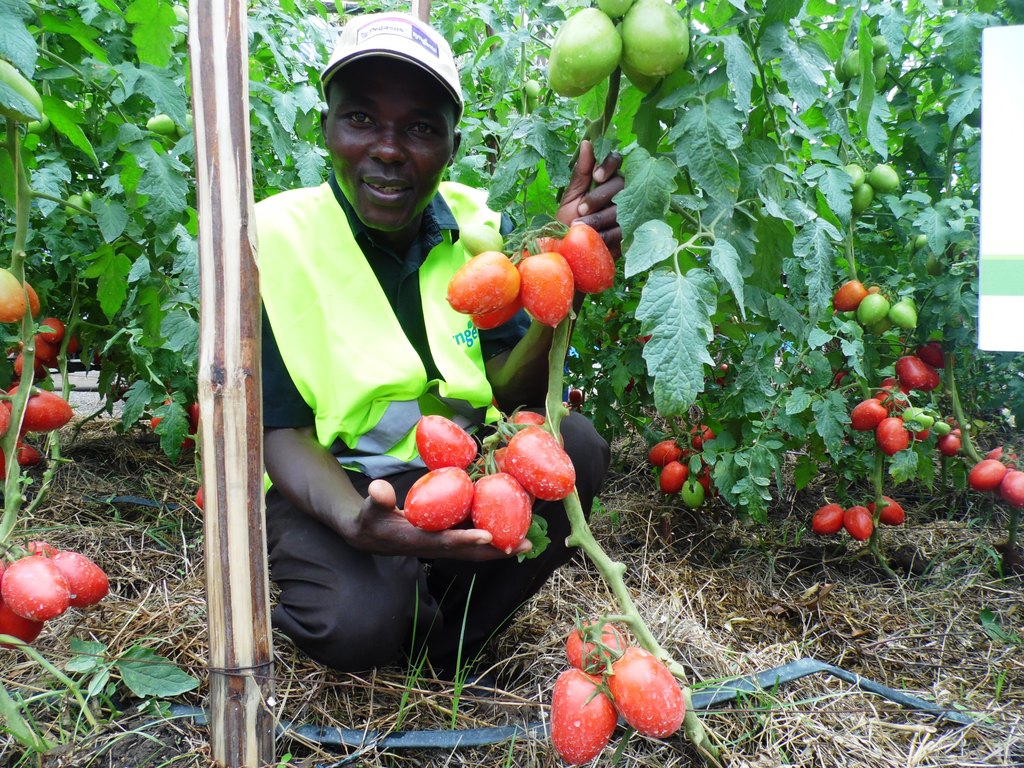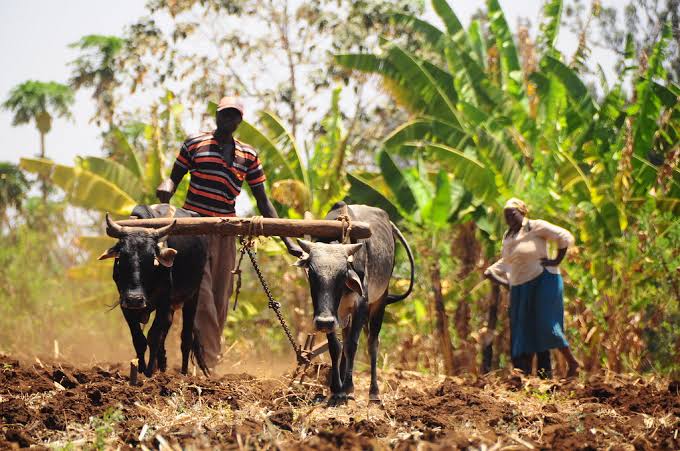Farmers, who fail to follow a regular irrigation routine, make losses due to the splitting of the tomatoes as a result of stress.
Tomato fruits crack after a water shortage followed by a sudden excess availability. Splitting or cracking makes the fruits lose the market value, besides turning into multiplication zones for disease causing pathogens like bacteria.
Agronomist Obed Kamoni said the sudden entry of water in plenty into the cells of the tomato fruit cause an abrupt expansion and contraction of the cells.
“Fruit cells are like balloons. An influx of water causes the cells to swell to accommodate the excess volume. Excess volume causes the rupturing of the skin because it cannot contain the sudden increase in volume,” the agronomist, who works for East African Seed Company, said.
READ ALSO: Ripe tomatoes sold for 30 days
READ ALSO: Scientists use wild tomatoes to breed superior varieties
READ ALSO:Former medical delivery man finds millions in tree tomatoes
If one’s routine is irrigating the farm once a week, this timetable should be followed. The same amount of water has to be applied to about two inches depth if it is done once a week. If it is a daily drip irrigation process, it should be done so.
The irrigation timetable is determined by the weather. For instance if drought has set in, watering intervals have to be increased, but in a gradual way to avoid causing the stress.
Another problem that can be caused by irregular watering, the agronomist said, is the blossom-end rot.
Overwatering followed by underwatering causes a fluctuation of the calcium concentration in the fruits, leading to the ‘scotched’ patches at the base of the fruits.
Write comment (0 Comments)

















